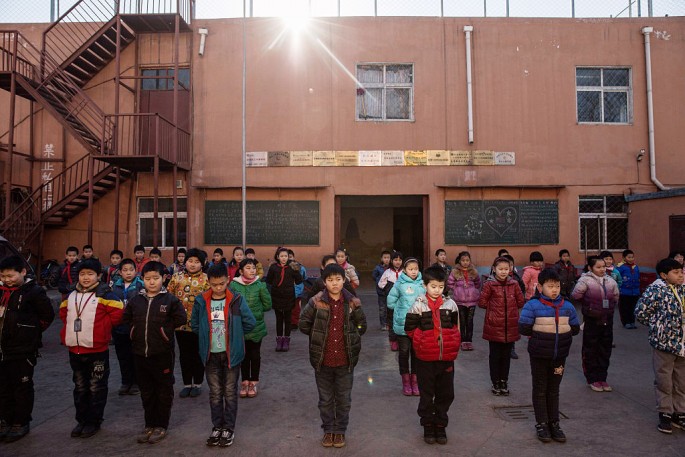The local government of Xinjiang Uyghur Autonomous Region is paving the way for rural students to access good education, according to an article by China Daily. They've been helping less fortunate students in hard-to-reach areas realize long-term dreams since 2004, when the government opened a junior middle school education program.
The program handpicks primary school graduates to send to junior middle schools in other cities in Xinjiang to further their studies. So far, the program has enabled 71,800 graduates to study in 16 cities in the autonomous region by the end of 2015.
One of the beneficiaries is Mardan Mamat, who has created a name for himself as "the little Jordan" in his school because of his prowess in basketball. Mardan came all the way from Xahap Township in Yecheng County to Kashi City.
"Born in a poverty-stricken rural family, my parents, who are farmers, hoped I would have a better life by studying hard," shared the 14-year-old, who has been offered to study at No. 6 Middle School in Urumqi.
Aside from dreaming of becoming the next basketball superstar, Mardan wants to pursue high-school education in Shanghai and attend college in Tsinghua University in Beijing. The path is hard, but Mardan knows that with diligence and hard work, he can achieve his dreams.
Over the years, Xinjiang's educational program has expanded to include 93 inland high schools in 45 cities. Ninety-five percent of approximately 39,000 students have graduated from inland high schools and pursued higher education at inland universities, according to Sun Qi, vice head of Xinjiang government's education department.
Aside from providing free education, the program also offers cultural exchanges to broaden the students' horizons. Once done with their education, they are expected to return home and contribute to Xinjiang's development.
"As most of the students are from the poverty-stricken areas of Xinjiang, education could be one of the most effective ways to pull them out of poverty," said Yu Zhaoquan, an official at Mardan's school.



























